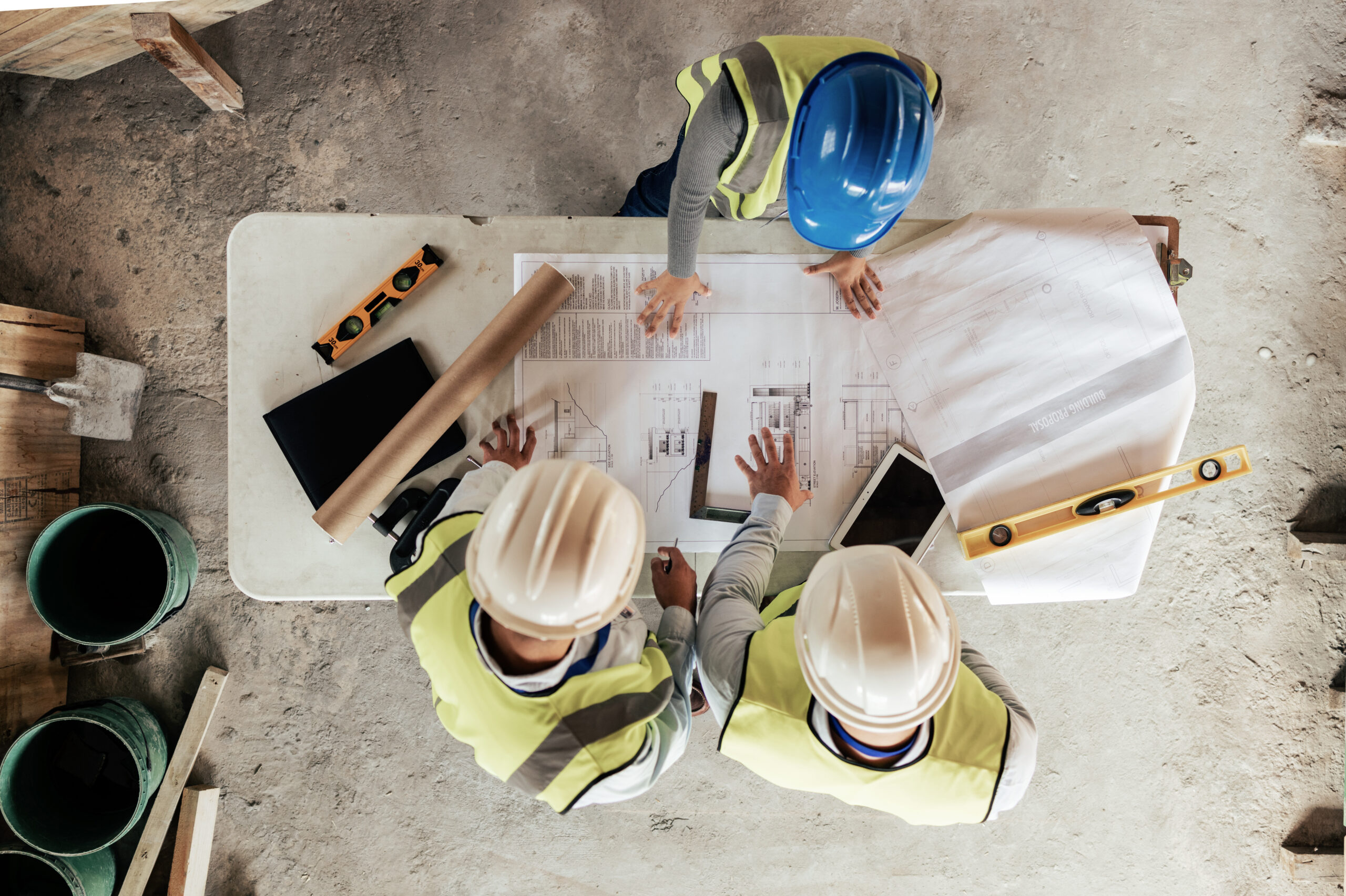In construction, the quality of the work depends on more than just tools, materials, and blueprints. The attitude and integrity of the crew can make or break a project. Good work ethics are like the foundation of a building, without them, everything else is at risk.
Strong work ethics keep a project on schedule, maintain safety, and ensure the final result meets the highest standards. They also build trust between team members, clients, and everyone involved in the process.
Showing Up and Being Reliable
One of the simplest but most important parts of good work ethics is reliability. Showing up on time, ready to work, sets the tone for the entire site. When each person can count on the rest of the crew, the project moves forward without unnecessary delays.
Reliability is also about following through on commitments. If you say a task will be done by the end of the day, it should be done. This consistency builds trust and shows professionalism, which benefits everyone involved.
Taking Pride in the Work
Pride in workmanship is another key part of strong work ethics. It is not just about getting the job done, it is about doing it well. Taking the time to make sure measurements are correct, materials are properly installed, and finishes are clean can make the difference between an average build and an outstanding one.
When workers take pride in their work, it shows in the finished product. It also inspires others on the crew to maintain high standards.
Respecting Others on the Site
Construction involves many people, from laborers and skilled trades to architects and clients. Respect for others’ roles, time, and contributions is essential for a healthy work environment.
This respect shows up in how we communicate, how we share space, and how we handle disagreements. A respectful site is a productive site, because people feel valued and are more willing to collaborate.
Following Safety Standards
Good work ethics include a commitment to safety. That means following protocols, wearing the right protective gear, and watching out for hazards. Safety is not something to take shortcuts with, because one mistake can put the whole crew at risk.
A team that values safety protects not only themselves but also the project timeline and budget. Preventing accidents keeps the work moving forward without costly interruptions.
Being Accountable
Mistakes happen in construction, but good work ethics mean owning those mistakes and fixing them quickly. Accountability builds trust and ensures that problems do not grow worse over time.
Admitting an error and taking responsibility shows professionalism. It also sets an example for others on the team to be honest and proactive when something goes wrong.
Staying Committed to the Project
Construction projects can be long, tiring, and full of challenges. Good work ethics mean staying committed from start to finish, even when the work is tough or conditions are less than ideal.
Commitment shows in meeting deadlines, maintaining quality, and staying motivated until the last detail is complete. That dedication is what ensures the final result is something everyone can be proud of.
The Lasting Value of Good Work Ethics
When a crew operates with strong work ethics, the benefits last far beyond the end of the build. Clients are more likely to recommend the team, and future projects are easier to secure. Crew members build a reputation for quality and reliability, which can open doors to new opportunities.
Just like a strong foundation supports a building for decades, good work ethics support a successful career in construction. They create trust, ensure quality, and make every project run more smoothly.
